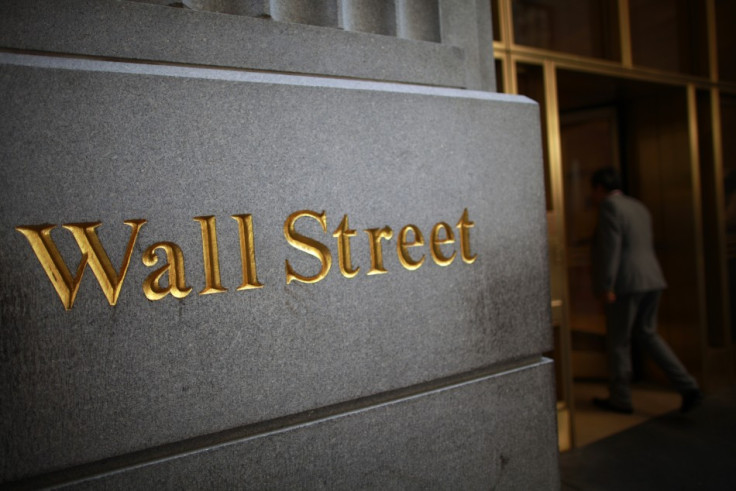Rogue Traders? British Banks in the Crosshairs as US Regulators Protect Their Turf

Standard Chartered isn't used to these sorts of headlines.
The London-based firm is one of those "under-the-radar" lenders hat pops up into the cycle once every six months or so, usually with news of record earnings growth or a dividend increase. With more than 90 percent of its profits generated in markets in Asia, Africa and the Middle East, Standard Chartered isn't your typical City or Wall Street casino bank that we all enjoy bashing so much.
Charges of money laundering and sanction-avoiding, however, have changed all that, and Standard now finds itself on the same footing as its London neighbours Barclays and HSBC: fighting for its reputational life as US regulators lob accusations alongside reams of documents and damning emails that outline shady deals and "see-no-evil" management practices.
Standard Chartered, founded by a Royal Charter issued by Queen Victoria in 1853, is a "rogue institution", says the New York Department of Financial Services (DFS), that creamed hundreds of millions of dollars from more than $250bn in dodgy wire transfers for sanction-frozen Iranian banks.
It may or may not be rogue, but it's undeniably profitable and it earns its gold in highly lucrative emerging markets that US banks would love to get a piece of.
And that might explain the recent energy that US regulators seem to have found in their efforts to police the murky world of international finance.
It's no coincidence that lawmakers have had little or no success in creating any sort of global framework on banking regulation - there's simply too much competition for global capital. Why sign on to a strict set of rules when you can operate a "light-touch" environment and lure banks, investor cash (not to mention jobs and tax dollars) into your local jurisdiction instead?
The broadsides fired at Barclays, HSBC and Standard Chartered in the past couple of months suggest more than a tiny hint of "territory marking" by US regulators. Firstly, consider the timeline of the alleged malpractice: in all three cases, the alleged dirty deeds (Libor manipulation and money-laundering) were said to have occurred at least five years ago and in HSBC's case date all the way back to the early 2000s.
Yet now, in an election year where no politician risk losing any votes by promising to go after "the bankers" were suddenly inundated with hundreds of thousands of pages of incriminating evidence? Evidence, it's worth noting, that comes supported by rather colourful prose and dotted with emotive references to "terrorists", "Mexican drug gangs" and "Islamic Jihad".
Secondly, consider the coincidence; so far, not a single American bank seems to have fallen foul of the rules, despite competing vociferously on the very same turf as the so-called rouge traders at HSBC, Barclays and Standard Chartered.
I'm not suggesting the innocence of the three banks but I am questioning the seemingly selective prosecution.
And that seems more than enough to warn-off investors: Standard Chartered's shares have fallen a record 21 percent Tuesday despite the fact that the bank does very little business in the United States and holds only 6.5 percent of its assets there. Barclays shares gave back billions in equity value despite fines that amounted to less than $500m and HSBC has set aside $700m to satisfy impeding US sanctions that analysts expect could be much higher.
Civil litigation risk clearly forms a part of that investor concern - particularly in the judgement-heavy US legal system. And authorities have threatened to pull the banking licences of Standard and HSBC if they're not convinced the pair are sufficiently remorseful for their actions.
But I think it could reflect something deeper.
Global financial centres in an increasingly inter-connected banking world are few and far between. Tokyo used to be a challenger, but its zombie banks and moribund economy have reduced it to an also-ran. Hong Kong had potential, but it's now under Beijing control.
Essentially, all that's left is London and New York.
If banks become the "new tobacco", where investors fear titanic litigation risk at every turn, they're going to park their money somewhere else. Or, at the very least, put it in banks that carry the favour of local law enforcement.
With sinking equity returns, surging capital requirements and a corporate image only slightly more reputable than chemical weapons manufacturers, banks face a hugely competitive race for new investors and a hostile regulatory environment can easily tip the balance.
Right now, global investors have no choice but to think twice about investing in international banks that operate inside the United States.
And that suits American authorities just fine.
© Copyright IBTimes 2025. All rights reserved.





















